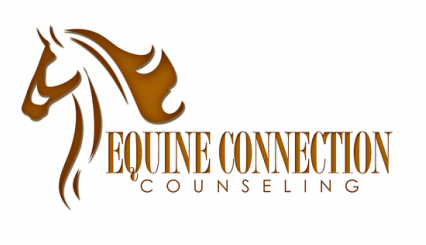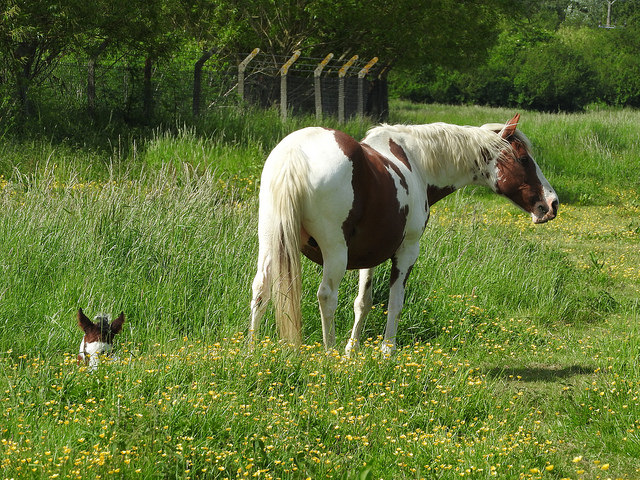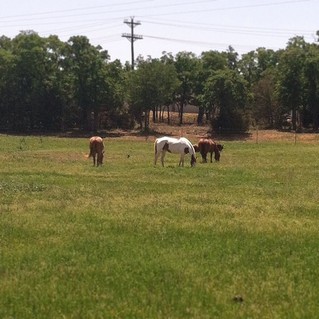Consider this scenario: Mom enters the kitchen to find her young son, Chris, climbing on the counters in order to get to the cookies up there. Concerned for Chris's safety, Mom tells him to get down off the counter and sends him into a timeout. As Chris is walking to his room for timeout, he yells "I hate you!" at his mom.
So what can horses teach us about how to deal with situations like this one? Here are just a few things...
Choose your battles. Horses have a distinct hierarchy in their herd that helps to keep this rule in place. If horses get into fights about non-essential things, they may be too tired to stand up for themselves when it really counts. Similarly, parents may find that children are less resistant (and that you are less exhausted) by letting the little things slide while providing consistent consequences for the bigger things. Let's go back to Chris and his mom. When Chris yells at his mom, she becomes angry and yells back at him. Instead of continuing to his room and timeout, Chris starts yelling at his mom even more. If Mom had focused on the primary concern--climbing the counter--instead of engaging with an angry child, chances are Chris would have gone into timeout without much additional resistance and thought twice before climbing on the counter again.
Be a thermostat, not a thermometer. A thermometer changes according to its environment, while a thermostat can change the environment. In other words, be as calm as you want your child to be. It is common knowledge that a nervous human often makes a nervous horse. When working with horses, it is important for the person to remain calm even when the horse becomes excited or scared. Horses, like kids, will look to you for leadership. If the leader gets upset about something, there must be something to be upset about, right? Chris becomes more upset when his mom becomes angrier. Instead of rising along with your child's temperature, remain calm the way you want your child to be. It will then become easier for the child to calm down again.
Use the least amount of pressure necessary... It's tempting to want to come down hard on kids in order to "fix" their problematic behaviors, but this often contributes to resentment, resistance, and defiance rather than consistent changes. A horse doesn't move another horse by suddenly kicking out as hard as they can. They'll start by applying the least amount of pressure possible and increase it only if they don't get the reaction they want. Kids benefit from this concept also. For example, Chris's mom told Chris to go to timeout and gave him the opportunity to do it himself. She could have physically picked Chris up and carried him to timeout straight away, which may have upset Chris even more and led to additional conflict. By letting him walk himself to timeout, Chris's mom gets the response she wants with minimal effort.
...and remove the pressure when they do what you want. Keeping constant pressure on a horse can cause them to feel overwhelmed, confused, and defensive. They might even start to push back, trying to get the pressure to go away. Chris has already received the consequence of timeout. If Mom continues to yell at him about climbing on the counter or yelling at her while he sits in timeout, she keeps the pressure on him and he will probably continue to feel angry and resentful. Or, she might tell him not to climb on the counters every time he comes into the kitchen after that. However, that doesn't give Chris the opportunity to learn to manage his own behavior. It also doesn't recognize when he does manage his behavior and resists climbing the counter for the cookie.
What are your thoughts about what horses can teach us about parenting?



 RSS Feed
RSS Feed
